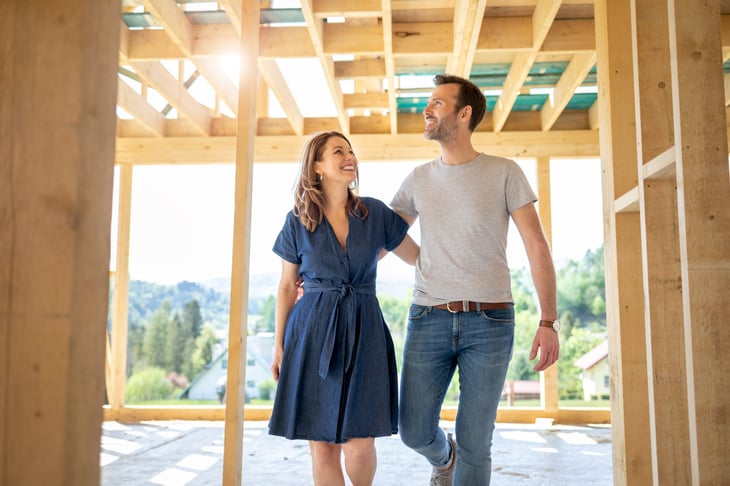
Editor's Note: This story originally appeared on Point2.
Housing shortages across Canada and the U.S. have sparked a massive increase in new homes and neighborhoods being built.
When you buy pre-construction, you can enjoy numerous benefits, such as lower deposits and avoiding the costly bidding wars of the real estate market.
But it’s not all sunshine and rainbows. Buying a house pre-construction comes with its risks, and it’s well worth weighing out the pros and cons before making your decision.
With that in mind, let’s look at what buying a pre-construction home entails and whether it’s the right move for you.
What Is a Pre-Construction Home?
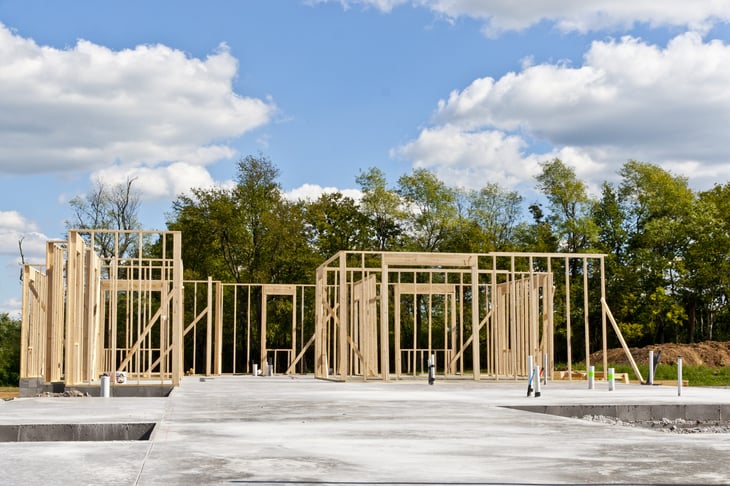
Also known as a new-build home, pre-construction houses are sold before they’ve been built. Generally, buyers will purchase a lot from the builder or developer directly.
The lot, i.e., the new home, will typically be part of a new community or neighborhood. However, occasionally you’ll come across new builds that are to be constructed in established areas as well.
The builder will typically create a model home that potential buyers can visit to gain an idea of the build quality, style and decor. You’ll also usually find detailed floor plans to study online too. This allows you to visualize the space and see whether it’s a good fit for you.
Since the home hasn’t been built yet, you’ll often be able to customize certain aspects of it. Normally, this means being able to choose cosmetic elements such as wall colors and kitchen countertop styles.
Tips for Buying a Pre-Construction Home

Buying a pre-construction home requires you to think about things differently than when you buy a resale.
Before diving in, you must know what you’re getting into.
Understand the Timescale

When you buy a property pre-construction, you’re essentially investing in something that doesn’t physically exist yet. Not only that, but in many cases, the neighborhood it will be a part of may be non-existent when you put your deposit down.
It all depends on which stage the development is at.
Sometimes, it can be several years before you’ll be able to move into your new home. And, even then, it could be even longer before the entire neighborhood has seen completion.
As such, it’s best to consider this kind of purchase as an investment, not a typical resale purchase.
Think Long-Term
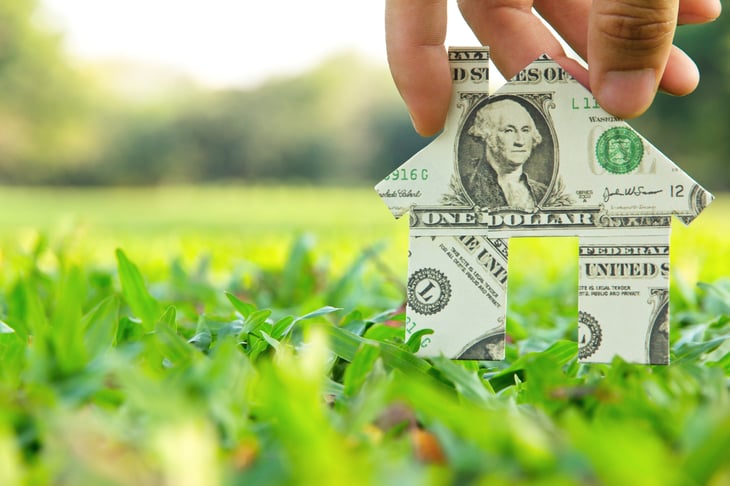
Since many new builds are located in brand-new neighborhoods, it’s essential to think about the future rather than the here and now.
Consider how the area is likely to change as the development progresses. You can get a good idea of what the future holds by contacting the city hall to discuss the plans for the area.
- Local amenities and facilities: What currently exists, and what is planned for the area? Think about schools, shops, cafes, and things like utility hookups.
- Roads: How are the roads in and out, and how will they develop to connect to the current infrastructure? Bear in mind that if an area is seeing considerable expansion, but the roads aren’t set to change, it’s likely that you’ll face bad traffic congestion and long travel times in the future.
- Public transport: Most new neighborhoods are located some distance from the city center, so it’s important to know if there will be any public transport options available or if you’ll have to rely on a car to get around. You can also inquire about the walkability and cyclability of the development.
Find Out Everything You Can About the Property

So far, we’ve focused on the area, but it’s also important to remember to focus on the actual property.
The best practice is to find out as much as possible to ensure it will meet your current needs and, indeed, your future needs:
- What size will the property be when it’s finished?
- What’s the price per square foot?
- What are the parking options? Will you have a garage, driveway, car park access or street parking?
- Is the layout customizable?
- What’s the time frame and payment schedule?
Research the Developer

This is an essential step that can save you thousands of dollars. Many pre-construction horror stories come about as the result of a developer delivering poor-quality homes or going bust and abandoning the project altogether.
So, be sure to check out previous projects and see if you can get any feedback from previous customers. Finally, check that their finances are in order.
The Advantages of Buying a Pre-Construction Home
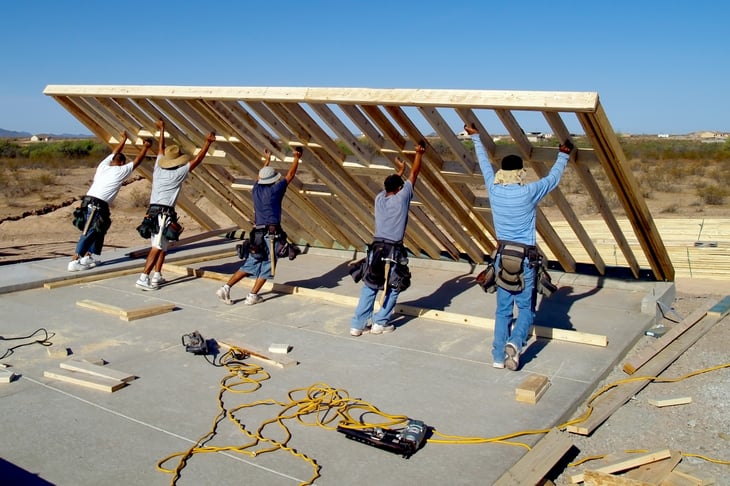
If you’re considering purchasing a new build, there are many things to consider compared to buying a resale.
However, the extra effort can really pay off, and there are plenty of benefits to reap.
You’re in Control
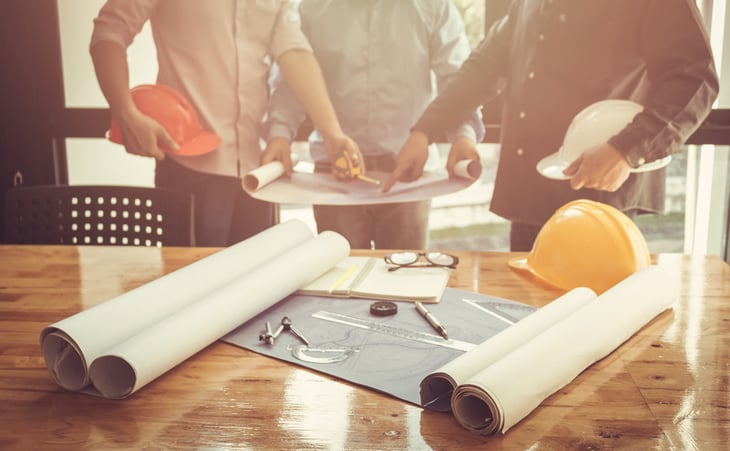
One of the best things about buying a home that hasn’t been built yet is that you can often have a large say regarding the design.
In many cases, you’ll have your choice of finishes that can add long-term resale value to your home, such as hardwood floors. In some cases, you’ll even be able to adjust the floor plan.
Great Value for the Money
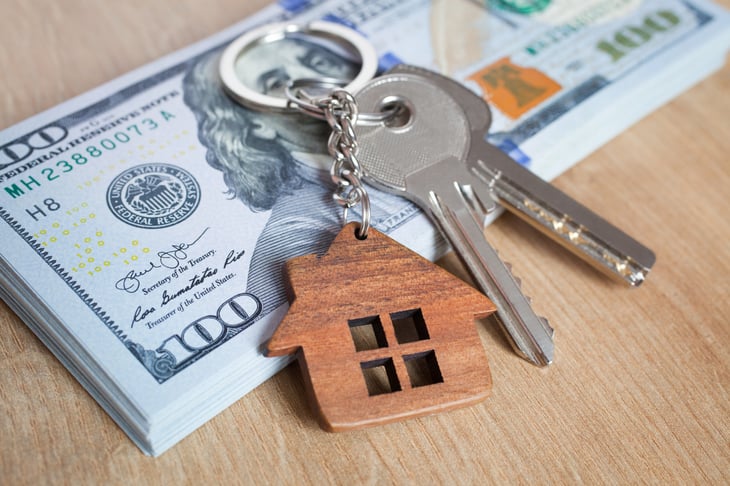
Pre-construction homes tend to be far more affordable than finished units, making them an excellent choice for investors looking to rent out or sell in the future. But they can also be a great bargain for those looking to live in.
On top of that, the earlier you get in on a project, the better the discounts will typically be.
Plus, unlike a resale home, you’ll usually be able to pay a series of smaller deposits over the course of a couple of years or so while the house is being built rather than one lump sum.
Modern and Energy Efficient
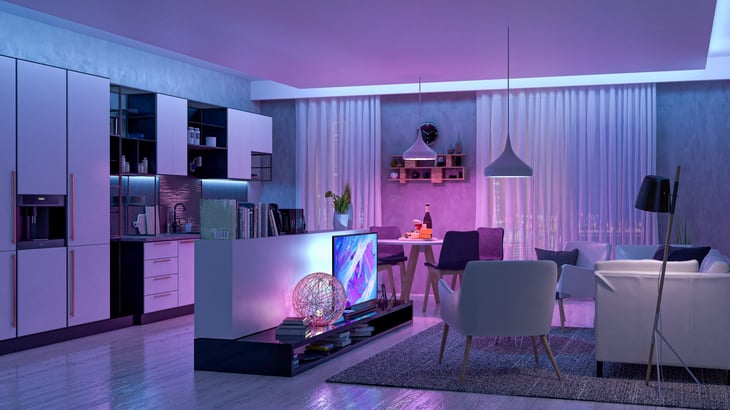
Pre-construction homes generally benefit from the latest technological advances and usually feature more energy-efficient appliances, smart devices and modern building materials.
Additionally, structural elements will typically be under warranty, so you’re covered for issues such as dampness.
With a good developer, a well-built new home shouldn’t require any maintenance or redecorating for many years—another financial boon.
The Disadvantages of Buying a Pre-Construction Home
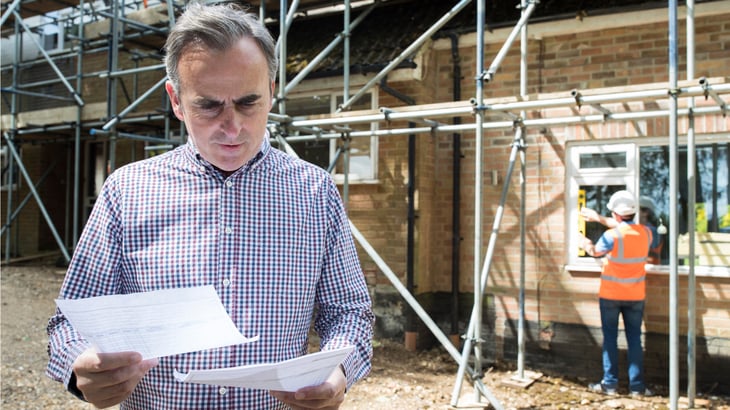
While there are many advantages to enjoy when buying pre-construction, it’s essential to look at the other side of the coin as well.
There are several downsides to consider, so be sure to go over them before laying any money down.
The Finished Product Isn’t Always What You Were Promised

Developers will generally show you numerous plans and digital mock-ups of your new home and neighborhood when it’s finished.
However, it’s worth noting that building an entire community takes time, so while your property may be completed, there’s a good chance that the rest of the development is still under construction.
This can result in you living the first few years in your new home in what is essentially a large construction site. On top of that, the property itself may differ slightly from the original design.
Your Cash Is Frozen

Real estate is a non-liquid investment, which means that any money you put into buying your pre-construction home will be completely inaccessible until all the units have been built and sold.
If your circumstances change during that time and you need cash, it will be almost entirely out of reach.
Delays and Bankruptcy Make Planning Ahead Tricky
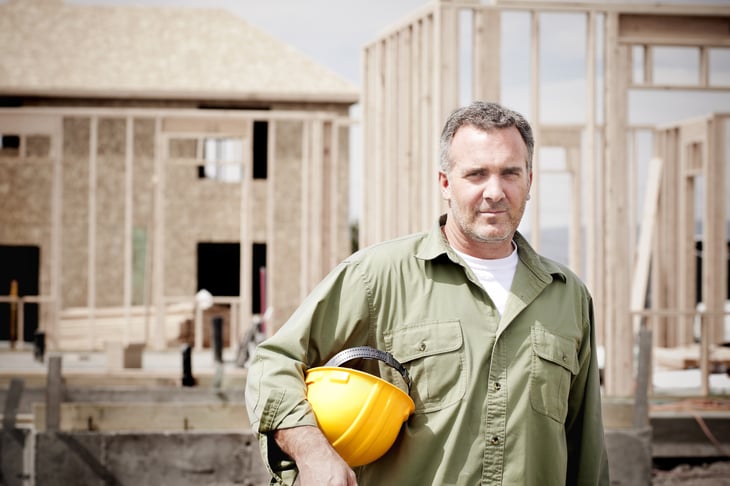
Delays plague the world of construction, caused by anything from poor weather to a lack of reliable tradespeople.
If the developer goes bust, there will be long delays at best, but at worst, the entire project may be abandoned, with you almost certainly losing all the money you’d put into it.
It’s wise to remember that there are no guarantees, only estimates, so it can be challenging to plan ahead.





Add a Comment
Our Policy: We welcome relevant and respectful comments in order to foster healthy and informative discussions. All other comments may be removed. Comments with links are automatically held for moderation.